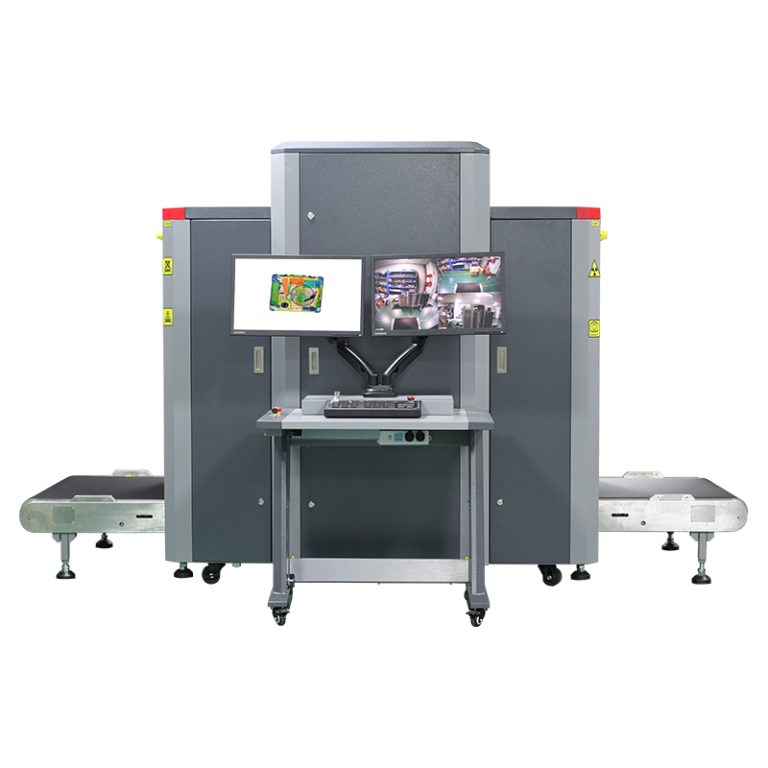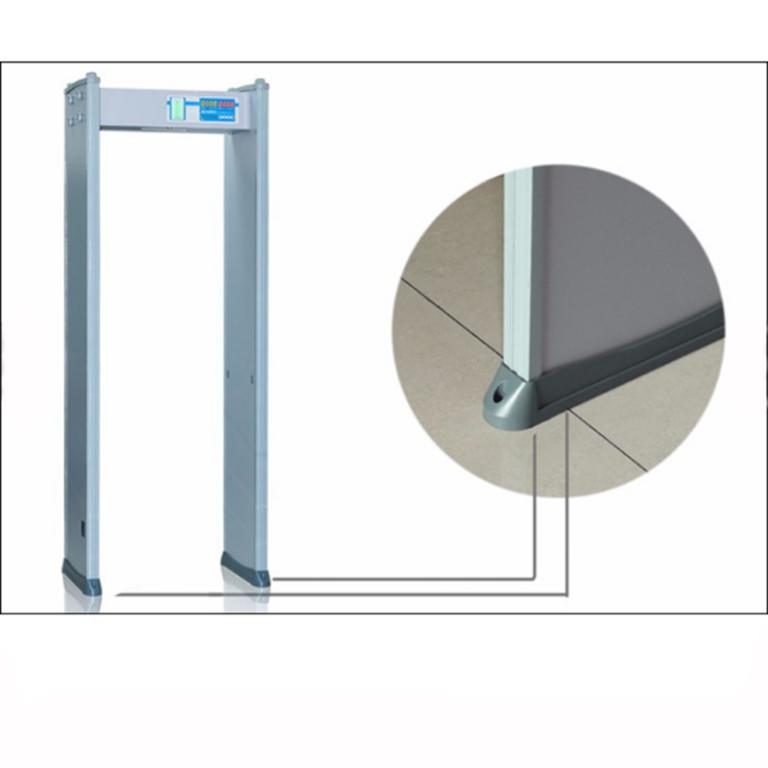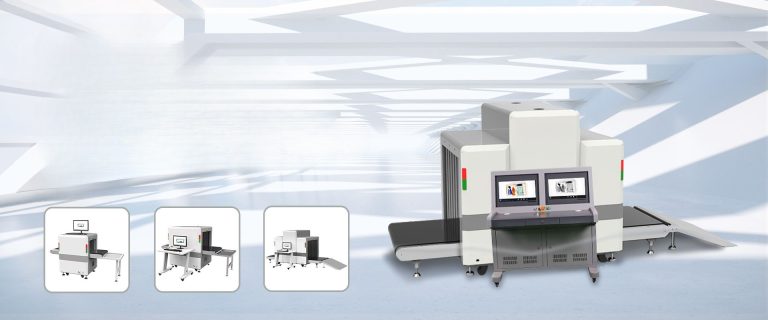Table of Contents
Improved Product Inspection Accuracy
In today’s fast-paced manufacturing industry, quality control is of utmost importance. Ensuring that products meet the highest standards is crucial for maintaining customer satisfaction and brand reputation. One tool that has become indispensable in this process is the industrial metal detector. These devices play a key role in improving product inspection accuracy and detecting any metal contaminants that may have inadvertently made their way into the production line.
Industrial metal detectors are designed to detect the presence of metal in various types of products, ranging from food and pharmaceuticals to textiles and plastics. By using advanced technology such as electromagnetic induction or magnetic fields, these detectors can identify even the smallest traces of metal particles. This level of sensitivity is essential for industries where product safety is paramount, such as the food and pharmaceutical sectors.
One of the key benefits of using industrial metal detectors is their ability to enhance quality control by providing accurate and reliable results. By incorporating these devices into the production process, manufacturers can ensure that their products are free from any metal contaminants that could potentially harm consumers or damage equipment. This level of assurance is invaluable in industries where product safety is a top priority.
Furthermore, industrial metal detectors can help manufacturers comply with regulatory requirements and industry standards. Many regulatory bodies, such as the FDA and USDA, have strict guidelines in place regarding metal contamination in food products. By implementing metal detectors in their production lines, manufacturers can demonstrate their commitment to quality control and ensure that their products meet these stringent requirements.
In addition to improving product inspection accuracy, industrial metal detectors can also help manufacturers reduce waste and improve efficiency. By quickly identifying and removing any contaminated products from the production line, manufacturers can prevent costly recalls and minimize the impact on their bottom line. This proactive approach to quality control can save companies time and money in the long run.
Another advantage of using industrial metal detectors is their versatility and adaptability. These devices can be customized to suit the specific needs of different industries and products. Whether it’s detecting metal in bulk materials or packaged goods, industrial metal detectors can be tailored to provide the level of sensitivity required for each application. This flexibility makes them a valuable tool for manufacturers looking to enhance their quality control processes.
In conclusion, industrial metal detectors play a crucial role in improving product inspection accuracy and enhancing quality control in the manufacturing industry. By detecting metal contaminants with precision and reliability, these devices help manufacturers ensure that their products meet the highest standards of safety and quality. With their ability to comply with regulatory requirements, reduce waste, and improve efficiency, industrial metal detectors are an essential tool for any company looking to maintain a competitive edge in today’s market.
Increased Production Efficiency
In today’s fast-paced industrial environment, quality control is a critical aspect of ensuring that products meet the highest standards. One tool that has become indispensable in this process is the industrial metal detector. These devices play a crucial role in enhancing quality control by detecting metal contaminants in products before they reach consumers.
Industrial metal detectors are used in a wide range of industries, including food processing, pharmaceuticals, textiles, and mining. They are designed to detect metal contaminants such as ferrous, non-ferrous, and stainless steel particles that may have inadvertently found their way into products during the manufacturing process. By identifying and removing these contaminants, industrial metal detectors help companies maintain the integrity of their products and protect consumers from potential harm.
One of the key benefits of using industrial metal detectors is the improvement in production efficiency. By quickly and accurately detecting metal contaminants, these devices help companies avoid costly recalls and product wastage. This not only saves money but also ensures that production lines can continue running smoothly without interruptions.

Furthermore, industrial metal detectors can be integrated into existing production lines, making them a seamless addition to the manufacturing process. This integration allows for real-time monitoring of products as they move through the production line, ensuring that any metal contaminants are detected and removed before the final product is packaged and shipped.
Another advantage of industrial metal detectors is their ability to improve product quality. By removing metal contaminants from products, companies can ensure that their products meet the highest standards of quality and safety. This not only enhances customer satisfaction but also helps companies maintain a positive reputation in the market.
Moreover, industrial metal detectors are highly sensitive and can detect even the smallest metal particles in products. This level of sensitivity is crucial in industries such as food processing, where even tiny metal contaminants can pose a serious health risk to consumers. By using industrial metal detectors, companies can rest assured that their products are free from any metal contaminants, thus ensuring the safety of their customers.
In conclusion, industrial metal detectors play a vital role in enhancing quality control in various industries. By quickly and accurately detecting metal contaminants, these devices help companies improve production efficiency, maintain product quality, and protect consumers from potential harm. With their high sensitivity and seamless integration into production lines, industrial metal detectors have become an indispensable tool for companies looking to uphold the highest standards of quality and safety in their products.





